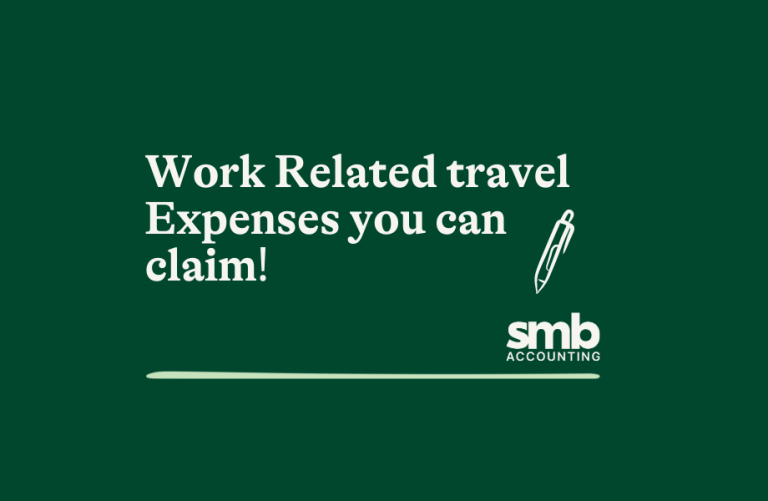Personal income tax changes
Retaining the Low and Middle Income Tax Offset (‘LMITO’) for the 2022 income year
The Government has announced that it will retain the LMITO for one more income year, so that it will still be available for the 2022 income year.
Under current legislation, the LMITO was due to be removed from 1 July 2021.The LMITO is a non-refundable tax offset that provides tax relief for low and middle income taxpayers and is available in addition to the Low Income Tax Offset (‘LITO’). The amount of the offset is $1080 and tax payers receive the full amount if their income is between $48,001 – $90,000
Below this threshold and above the threshold the amount is phased in or out. You will not receive any if your income is > $126,001
Personal Tax rates remain unchanged for 2021-22, Stage 3 tax rates start from 2024-25 unchanged
In the Budget, the Government did not announce any personal tax rate changes, having already brought forward the stage 2 tax rates to 1 July 2020 in the October budget. The stage 3 tax changes commence from 1 July 2024, as previously legislated.
Reducing compliance costs for individuals claiming self-education expense deductions
The Government will remove the exclusion of the first $250 of deductions for prescribed courses of education. Currently, the first $250 of a prescribed course of education expense is not tax deductible. Removing this $250 exclusion is expected to reduce compliance costs for individuals claiming self-education expense deductions.
Changes affecting business taxpayers
Temporary full expensing extension
In the prior year (2020/21) Federal Budget, the Government announced amendments to allow businesses with an aggregated turnover of less than$5 billion to access a new temporary full expensing of eligible depreciating assets until 30 June 2022.
In the 2021/22 Federal Budget, the Government has announced that temporary full expensing will be extended by 12 months to allow eligible businesses to deduct the full cost of eligible depreciable assets of any value, acquired and first used or installed ready for use by 30 June 2023. All other elements of temporary full expensing will remain unchanged, including the alternative eligibility test based on total income, which will continue to be available to businesses.
Temporary loss carry-back extension
In the prior year (2020/21) Federal Budget, the Government announced amendments to introduce a temporary loss carry-back measure. In the 2021/22 Federal Budget, the Government has announced that the loss carry-back measure will be extended to allow eligible companies to also carry back (utilise) tax losses from the 2023 income year to offset previously taxed profits as far back as the 2019 income year when they lodge their tax return for the 2023 income year.
Debt recovery for small business
The Government has announced that it will allow small business entities (including individuals carrying on a business) with an aggregated turnover of less than $10 million per year to apply to the Small Business Taxation Division of the Administrative Appeals Tribunal (the ‘Tribunal’) to pause or modify ATO debt recovery actions, such as garnishee notices and the recovery of general interest charge or related penalties, where the debt is being disputed in the Tribunal.
Currently, small businesses are only able to pause or modify ATO debt recovery actions through the court system, which can be costly and time consuming. It is expected that applying to the Tribunal instead of the courts will save small businesses at least several thousands of dollars in court and legal fees and as much as 60 days of waiting for a decision
Superannuation related changes
Removing the work test for voluntary contributions
The Government has announced that it will allow individuals aged 67 to 74 years (inclusive) to make or receive non-concessional contributions (including under the bring-forward rule) and salary sacrifice contributions without meeting the work test, subject to existing contribution caps. Individuals aged 67 to 74 years (inclusive) will still have to meet the work test to make personal deductible contributions.
Removing the requirement to meet the work test when making non-concessional or salary sacrifice contributions will simplify the rules governing superannuation contributions and will increase flexibility for older Australians to save for their retirement through superannuation.
Reducing the age limit for downsizer contributions
The Government will reduce the age limit from which downsizer contributions can be made by eligible individuals, from65 to 60 years of age.
The downsizer contribution allows eligible individuals to make a one-off, after-tax contribution to their superannuation fund, of up to $300,000 per person, following the disposal of an eligible dwelling, where certain conditions are satisfied. Under the current requirements, an individual must be at least 65 years of age at the time of making the relevant contribution, for the contribution to qualify as a downsizer contribution.
Removing the $450 per month threshold for Superannuation Guarantee eligibility
The Government will remove the current $450 per month minimum income threshold, under which employees do not have to be paid SG contributions by their employer.
Changes to the First Home Super Saver (‘FHSS’) scheme
The Government has announced that it will make the following changes to the FHSS scheme.
- Increasing the maximum releasable amount to $50,000
The Government will increase the maximum releasable amount of voluntary concessional and non-concessional contributions under the FHSS scheme from $30,000 to $50,000, to assist first home buyers in raising a deposit more quickly. Voluntary contributions made from 1 July 2017 up to the existing limit of $15,000 per year will count towards the total amount able to be released.
- Changes to improve the operation of the FHSS scheme
The Government will make technical changes to the legislation underpinning the FHSS scheme to improve its operation as well as the experience of first home buyers using the scheme. These four changes will apply retrospectively from 1 July 2018, and will assist FHSS scheme applicants who make errors on their FHSS scheme release applications
Conclusion
This is a summary of the main areas which may affect you as an individual or as a business. However if you have any other questions regarding the budget send an email to stephen@smbaccounting.com.au




